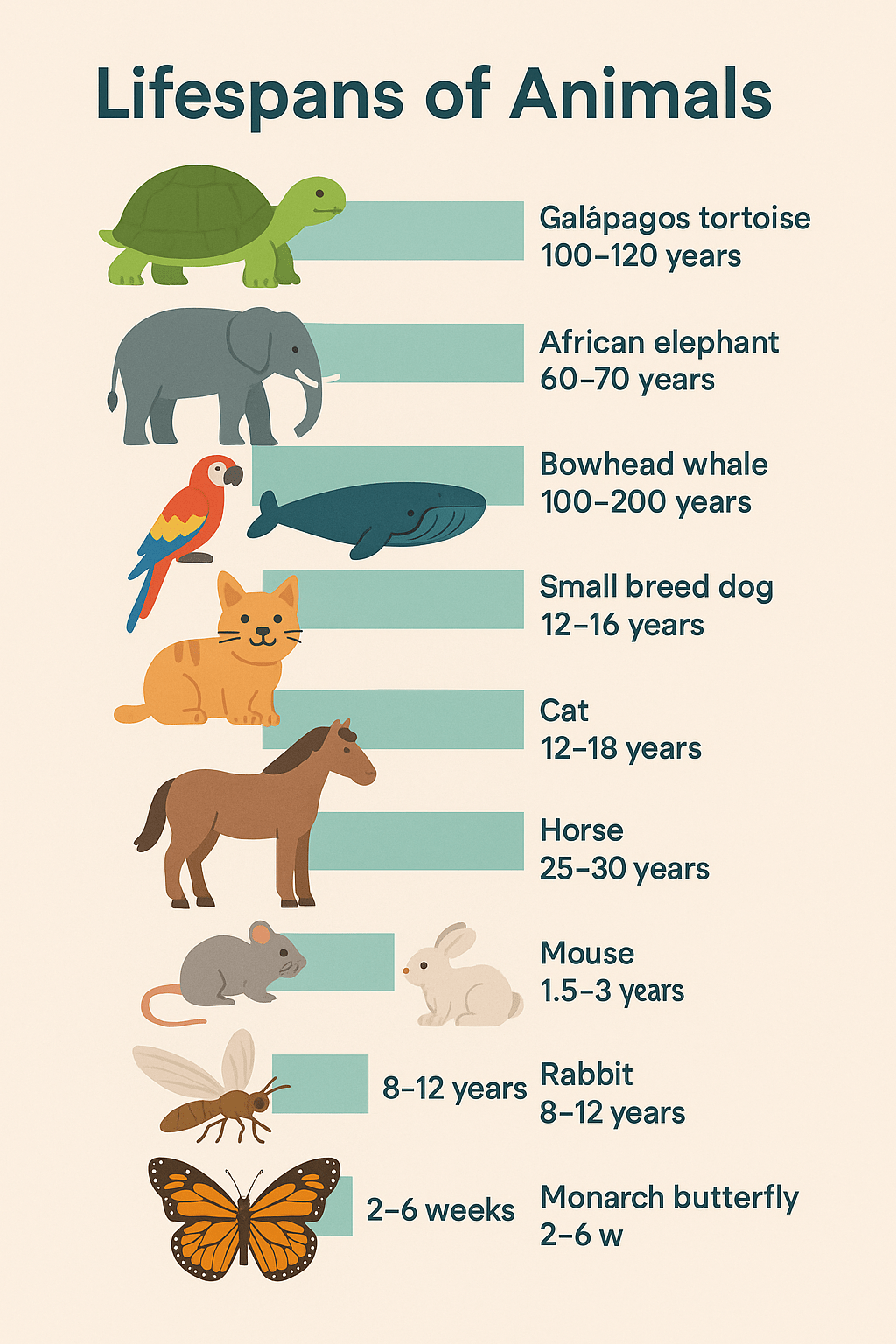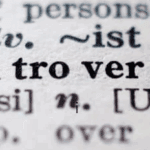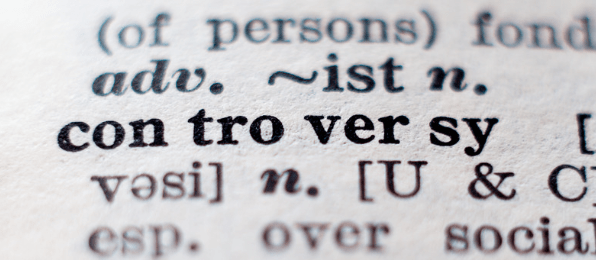
The Social Media Pandemic: A Silent Crisis

The world is still reeling from the aftermath of a global health crisis, but a different kind of pandemic is silently spreading its tentacles: the pandemic of harmful social media content. What started as a platform for connection and sharing has morphed into a breeding ground for misinformation, hate speech, and a general decline in the quality of digital discourse.
The Covid-19 era accelerated this trend. Confined to our homes, people turned to social media for information, entertainment, and connection. Unfortunately, this digital refuge became contaminated with a toxic cocktail of falsehoods, fear-mongering, and division. From outright lies about the virus and its treatments to baseless conspiracy theories, the digital landscape was littered with content that eroded trust, polarized societies, and endangered lives.
The consequences of this digital deluge extend far beyond the initial clickbait and sensational headlines. The relentless bombardment of negativity, hate, and misinformation takes a toll on mental health. Anxiety, depression, and feelings of isolation are becoming increasingly prevalent as people grapple with the overwhelming pressure to curate perfect online personas and keep up with the endless scroll. The fear of missing out (FOMO) and the constant comparison to others create a toxic environment that undermines self-esteem and well-being.
Moreover, the addictive nature of social media platforms keeps users hooked, spending hours mindlessly consuming content that offers little value. This addiction comes at the cost of productivity, relationships, and overall life satisfaction. As we become increasingly reliant on our screens for information and entertainment, we risk losing touch with the real world and the people around us.
To combat this crisis, we need a multi-faceted approach. Individuals must become more discerning consumers of information, critically evaluating the content they encounter and relying on credible sources. Fact-checking and media literacy should be essential skills in today’s digital age. Social media platforms also bear a significant responsibility to create safer and more trustworthy environments. Implementing stricter policies against misinformation, hate speech, and cyberbullying is crucial. Promoting positive content and fostering a culture of respect and empathy is equally important.
Ultimately, addressing the social media pandemic requires a collective effort. It’s time to recognize that the digital world is not a separate realm but an extension of our reality. The choices we make online have real-world consequences. By being mindful of our online behavior, supporting credible information, and holding social media platforms accountable, we can contribute to a healthier and more humane digital ecosystem.
The future of our society depends on our ability to navigate the complexities of the digital age. Let’s work together to create a world where social media is a force for good, rather than a source of division and harm.
Hello, I am Aman (: Full Time Traveler :) At the age of 41, in April 2023, fueled by my love for travel and the determination not to remain fixed like a tree, I embarked on a bold journey. Having dedicated 17 years to a corporate job, I chose to transition from a full-time employee to a full-time traveler, driven by the desire to break free from the routine and constraints of a conventional life. Along the way, I not only explored the wonders of travel but also uncovered the transformative power of financial freedom. I realized how it could liberate me to lead a life teeming with adventure, purpose, and fulfillment. Through my blogs, I am passionately sharing my story, aiming to inspire and provide valuable guidance to those, like me, who aspire to weave travel into a life overflowing with limitless possibilities.






















Post Comment
You must be logged in to post a comment.